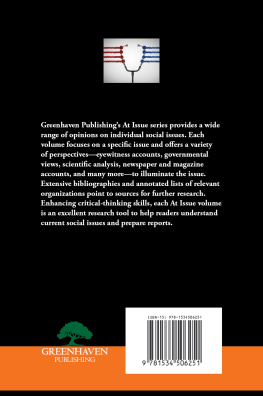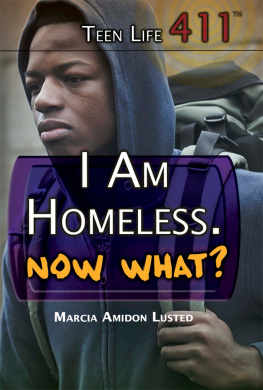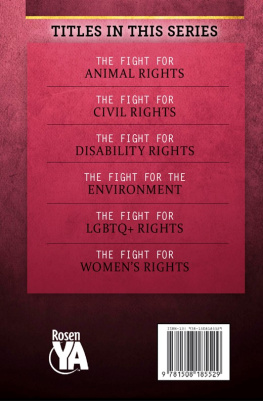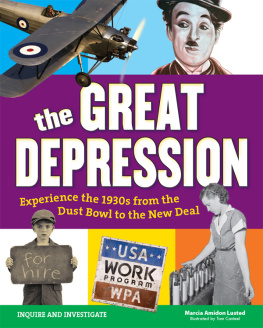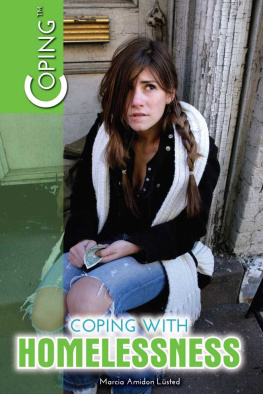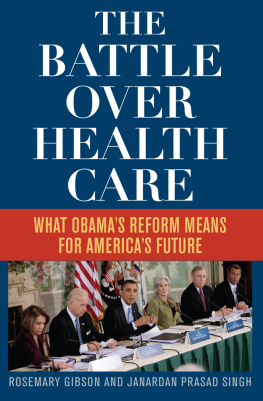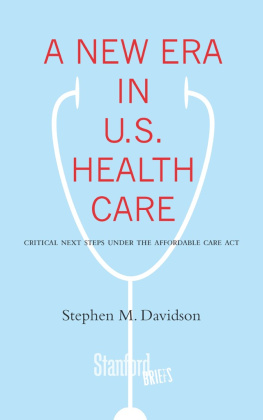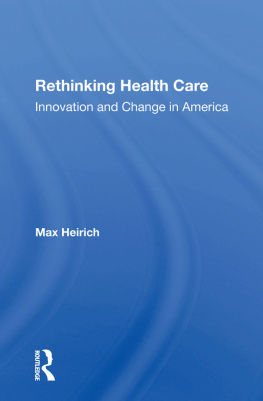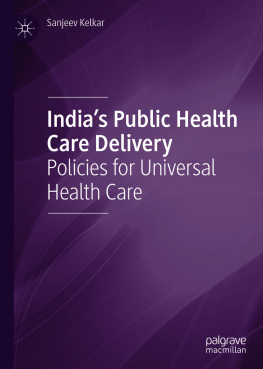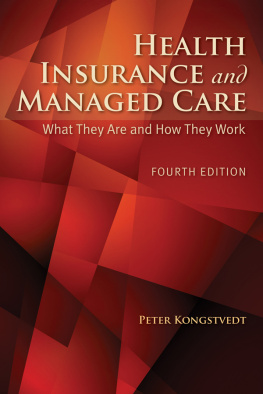

Universal Health Care
Other Books in the At Issue Series
Athlete Activism
Celebrities in Politics
Male Privilege
Mob Rule or the Wisdom of the Crowd?
The Opioid Crisis
Public Outrage and Protest
Sexual Consent
Student Debt
Vaccination
Vaping
Wrongful Conviction and Exoneration
Published in 2020 by Greenhaven Publishing, LLC
353 3rd Avenue, Suite 255, New York, NY 10010
Copyright 2020 by Greenhaven Publishing, LLC
First Edition
All rights reserved. No part of this book may be reproduced in any form
without permission in writing from the publisher, except by a reviewer.
Articles in Greenhaven Publishing anthologies are often edited for length to meet page requirements. In addition, original titles of these works are changed to clearly present the main thesis and to explicitly indicate the authors opinion. Every effort is made to ensure that Greenhaven Publishing accurately reflects the original intent of the authors. Every effort has been made to trace the owners of the copyrighted material.
Cover image: Lightspring/Shutterstock.com
Library of Congress Cataloging-in-Publication Data
Names: Lusted, Marcia Amidon, editor.
Title: Universal health care / Marcia Amidon Lusted, book editor.
Description: First edition. | New York: Greenhaven Publishing, 2020. | Series: At issue | Includes bibliographical references and index. | Audience: Grades 912. Identifiers: LCCN 2019022816 | ISBN 9781534506268 (library binding) | ISBN 9781534506251 (paperback)
Subjects: LCSH: Health care reformUnited StatesJuvenile literature. | Medical careUnited StatesJuvenile literature.
Classification: LCC RA395.A3 U588 2020 | DDC 362.1/04250973dc23 LC record available at https://lccn.loc.gov/2019022816
Manufactured in the United States of America
Website: http://greenhavenpublishing.com
Contents
Kisha Braithwaite
Gary M. Galles
Ategeka Frank
Scott L. Greer and Claudio A. Mndez
Christy Ford Chapin
Nicole Galan
Kimberly Amadeo
Robert Wood Johnson Foundation
Ed Dolan
Meridian Paulton
Adam Gaffney
Kevin Mercadante
Gilbert Berdine
Aaron Hankin
Kent Holtorf
Jonathan Gruber
Introduction
O n December 10, 1948, the United Nations proclaimed a Universal Declaration of Human Rights. For the first time, it set in writing exactly what fundamental human rights should be for all people in the world and that these rights must be universally protected.
The declaration covered many aspects of human life, including education, employment, and the treatment of women. It also stated that all human beings are born free and equal in dignity and rights. One article in particular addressed the issue of health and wellbeing. Article 25 of the declaration reads:
Everyone has the right to a standard of living adequate for the health and well-being of himself and of his family, including food, clothing, housing and medical care and necessary social services, and the right to security in the event of unemployment, sickness, disability, widowhood, old age or other lack of livelihood in circumstances beyond his control.
The United Nations and the World Health Organization also issued a fact sheet titled The Right to Health, emphasizing the importance of health in just about every aspect of human life:
As human beings, our health and the health of those we care about is a matter of daily concern. Regardless of our age, gender, socioeconomic or ethnic background, we consider our health to be our most basic and essential asset. Ill health, on the other hand, can keep us from going to school or to work, from attending to our family responsibilities or from participating fully in the activities of our community.
Clearly good health and access to health is seen as one of the basic rights of all people everywhere. But being able to access and pay for quality health care has become one of the major issues that modern individuals and families must wrestle with. In some countries, such as the United Kingdom and Canada, health care is In some countries, especially those that are not as developed, health care is difficult to access and is of uneven quality. Many people lack access to modern health care procedures and medicines and may not even have clean water and sufficient food to keep them healthy. According to the World Health Organization, half of the people in the world lack access to affordable health care, and for more than 100 million people, the cost of medical bills has driven their families into poverty.
In the United States, most people depend on health insurance to pay the costs of their medical care, both preventative and in the event of injury or illness. Some receive health insurance through their employers, usually at a cost that is deducted from their paychecks. Self-employed people, or those whose employers do not offer health insurance, may purchase private health insurance, although this is often extremely expensive. Elderly people, as well as those with limited resources, may receive health care under Medicare or Medicaid, two government-funded programs available to Americans who met the eligibility criteria to participate. Then there are people who cannot afford any form of health insurance, are not eligible because they do not work full-time, or risk going without insurance because they are young and healthy.
The United States has moved toward creating a system of health care that everyone in the country can use, regardless of their income or employment status. In 2010, the Affordable Care Act
However, since the election of President Donald Trump in 2016, the idea of a universal health care system for Americans has been an increasing source of conflict. Democrats are struggling to keep the Affordable Care Act in place, while President Trump has vowed to dismantle the program. And yet his administration has largely continued to enforce the ACA, even though it has shifted some of the responsibility for the law from the federal government to the states.
As the United States looks toward another presidential election, it is clear that the question of whether the country should have a system of universal health care comparable to that of other western countries like England and Canada will be debated and studied more frequently. At Issue: Universal Health Care offers a wide variety of viewpoints about universal health care and how effective it is, as well as whether it can work for the US the way it works for other countries, or if the US would have to create an entirely new version of universal health care in order to meet the needs and wants of both citizens and politicians. However, one thing seems clear: for many Americans, the costs of medical care, both for everyday ailments and procedures and for catastrophic injuries and illnesses, is fast becoming an impossible economic burden. Medical costs are soaring, and even insured families may find themselves driven into economic chaos by an unexpected hospitalization or a chronic illness. There are too many Americans who must choose between buying their medication and buying food. It remains to be seen if Americans and their politicians can agree on a better system than the one that is currently in place.
Notes
.
.
.
.
.
Health Is a Human Right, Right?
Next page
